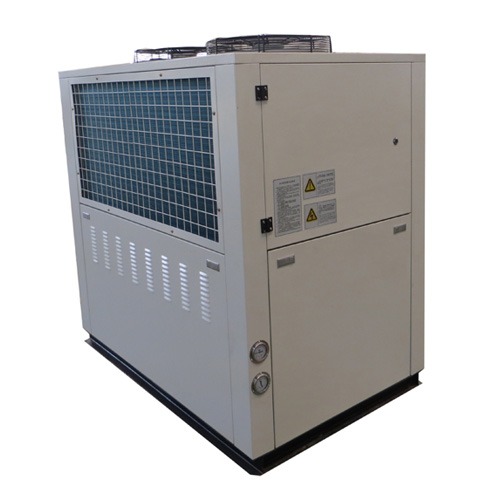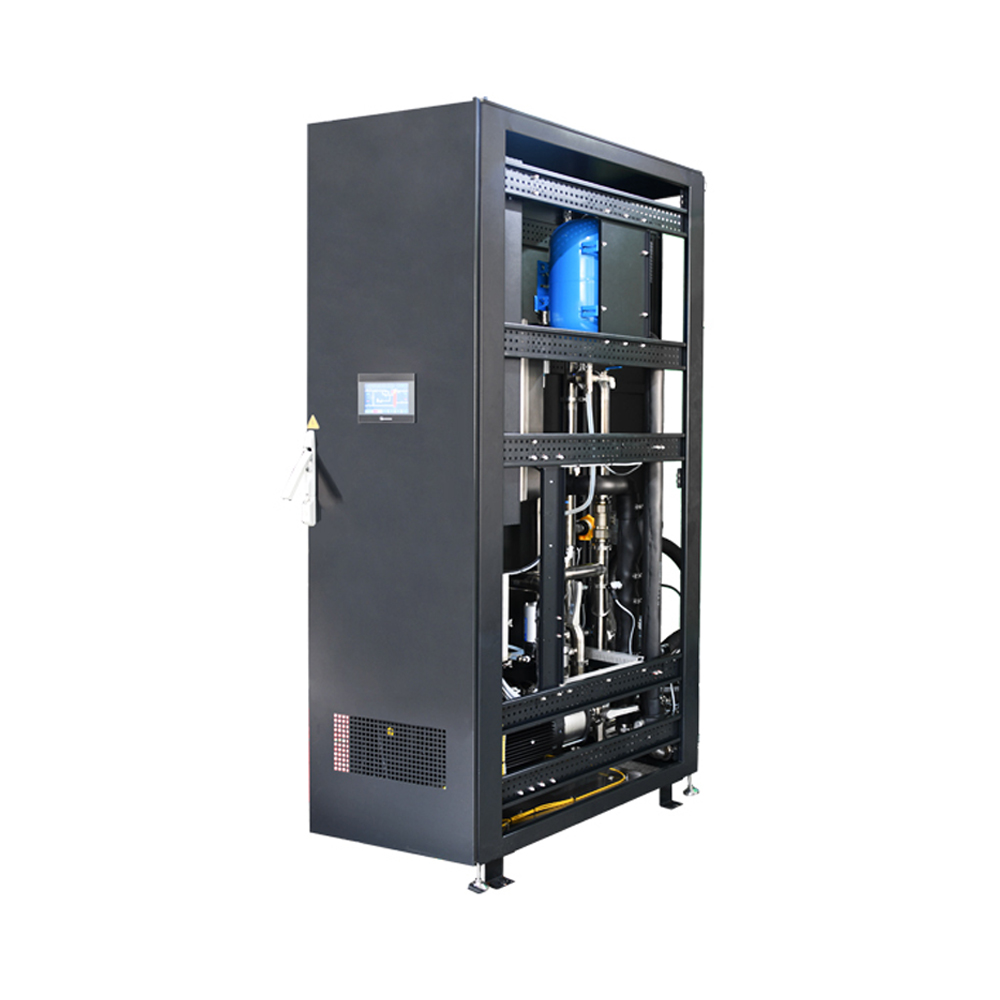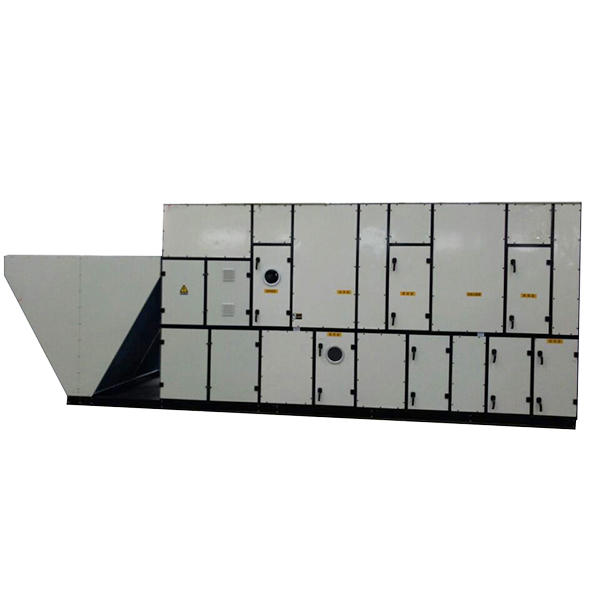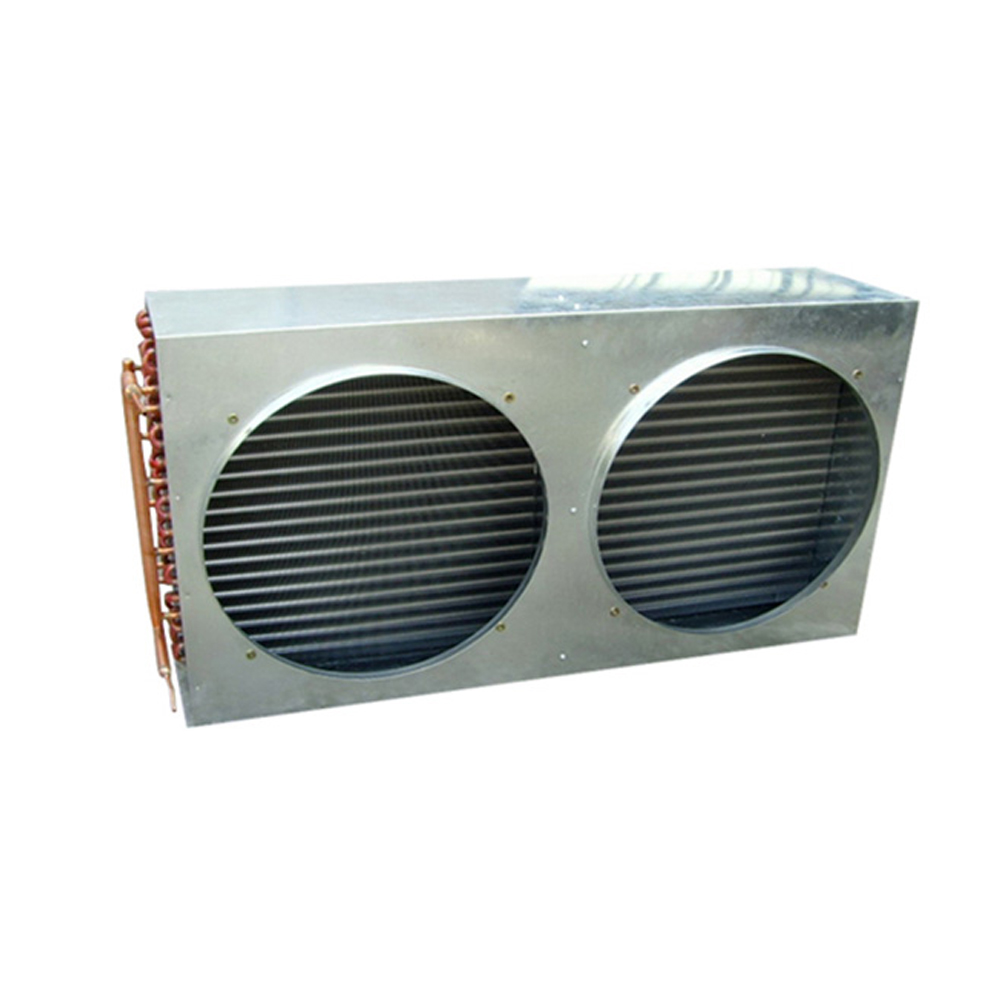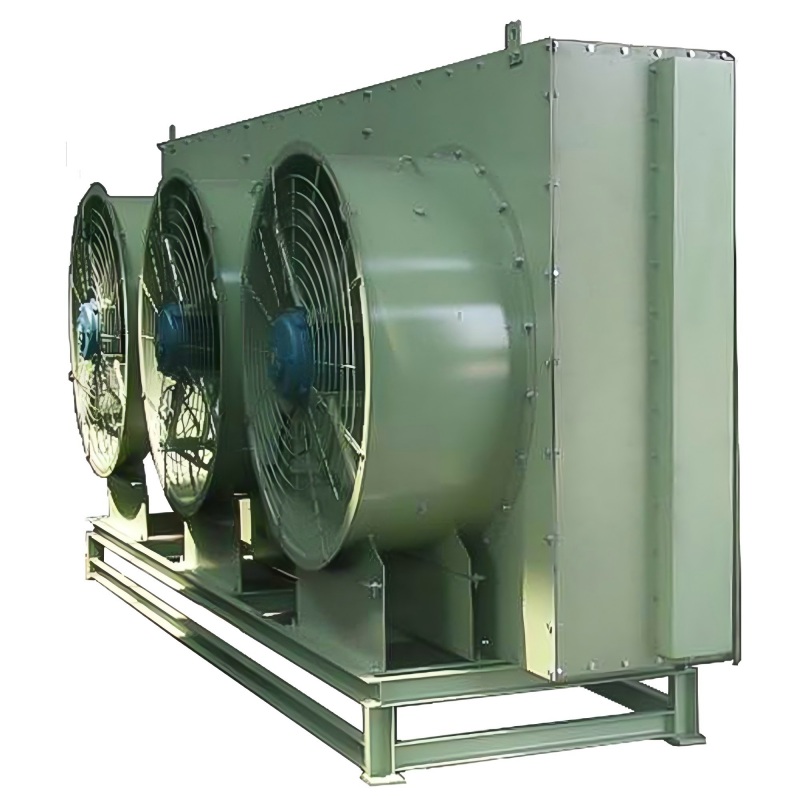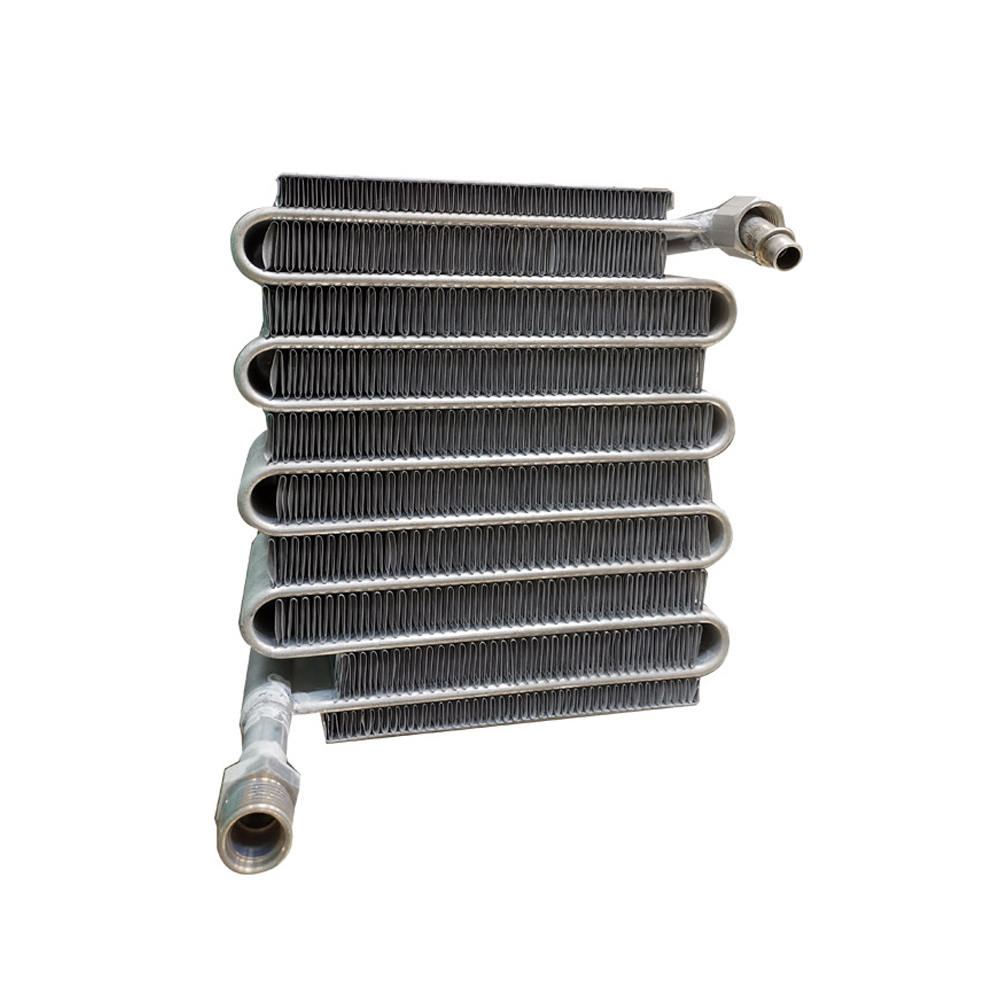This comprehensive guide explores the functionality, selection criteria, and applications of vertical dry coolers. We'll delve into the key features to consider when choosing a vertical dry cooler for your specific needs, examining factors such as cooling capacity, airflow, and efficiency. Learn how to optimize your cooling system with the right vertical dry cooler and improve overall performance.
What is a Vertical Dry Cooler?
A vertical dry cooler, also known as an air-cooled chiller, is an industrial cooling system designed to lower the temperature of a liquid, typically water or refrigerant, without using water as a coolant. Unlike traditional evaporative coolers, vertical dry coolers use air as the primary cooling medium, making them ideal for locations with water scarcity or strict environmental regulations. They are typically characterized by their vertical orientation, which often allows for a smaller footprint compared to other cooling solutions. The cooling process involves a heat exchanger where the warm liquid transfers its heat to the air, which is then expelled. This makes them efficient for many industrial processes.
Key Features and Considerations When Choosing a Vertical Dry Cooler
Cooling Capacity
The cooling capacity of a vertical dry cooler, measured in kilowatts (kW) or tons of refrigeration (TR), is a crucial factor. It should match the cooling demands of your specific application. Oversizing can lead to unnecessary energy consumption, while undersizing can result in inadequate cooling performance. Carefully assess your cooling load to determine the appropriate capacity.
Airflow and Fan Design
Efficient airflow is critical for effective heat dissipation. The design of the fans, including their number, size, and speed, directly impacts the overall cooling efficiency. Axial fans are commonly used in vertical dry coolers due to their high airflow and relatively low noise levels. Consider the airflow requirements of your application and select a vertical dry cooler with sufficient capacity to meet those demands. For demanding applications, centrifugal fans may offer superior performance, but are often associated with higher noise levels.
Efficiency and Energy Consumption
Energy efficiency is a key concern in today's market. Look for vertical dry coolers with high efficiency ratings, such as the Energy Efficiency Ratio (EER) or Coefficient of Performance (COP). These metrics indicate how much cooling is produced per unit of energy consumed. Selecting an energy-efficient vertical dry cooler can significantly reduce operating costs and minimize your environmental impact.
Materials and Construction
The materials used in the construction of a vertical dry cooler influence its durability and lifespan. High-quality materials, such as corrosion-resistant metals and durable fans, are essential for long-term reliability. Consider the environmental conditions where the cooler will operate, selecting materials suitable for the specific climate and potential corrosive elements.
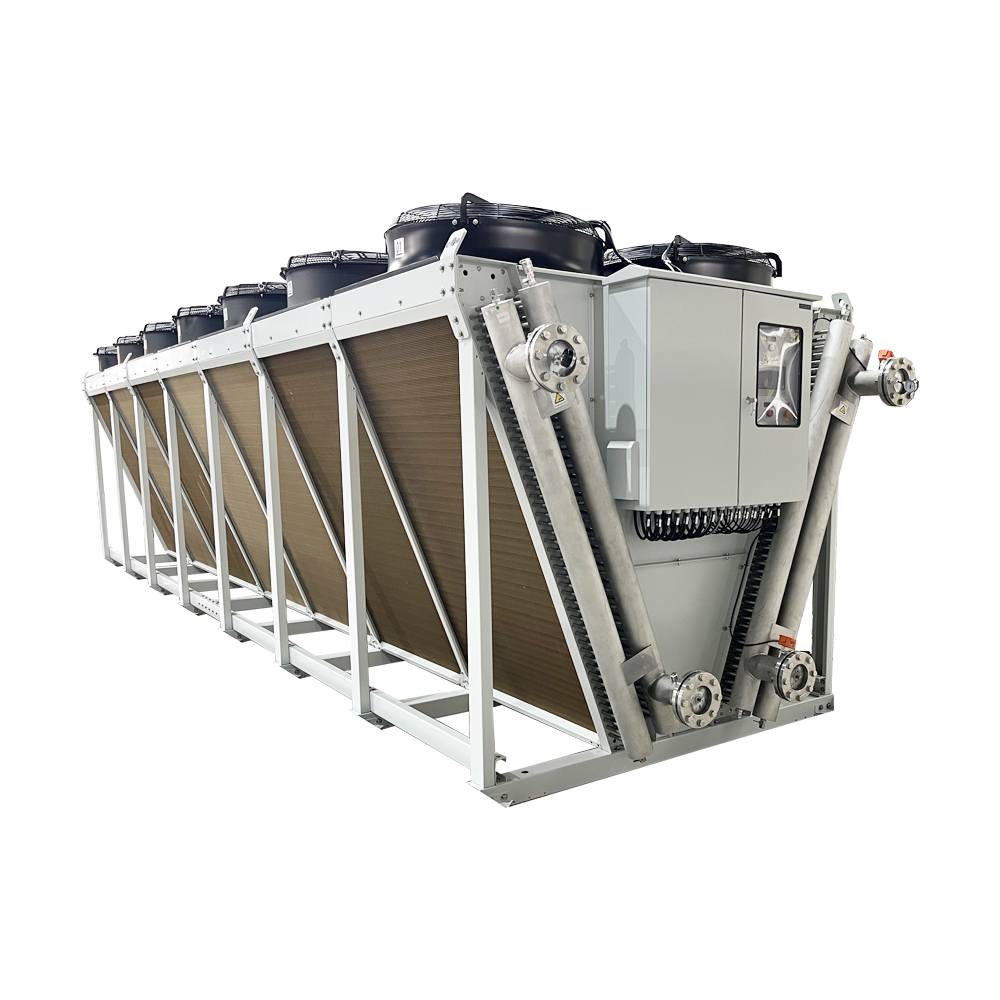
Applications of Vertical Dry Coolers
Vertical dry coolers find applications in various industries, including:
- Industrial process cooling
- Refrigeration systems
- HVAC systems
- Data centers
- Power generation
Choosing the Right Vertical Dry Cooler: A Comparison
The selection of the optimal vertical dry cooler depends heavily on your specific needs. Let's compare a few key characteristics using a table:
| Feature |
Small Capacity Model |
Large Capacity Model |
| Cooling Capacity |
50kW - 100kW |
200kW - 500kW |
| Fan Type |
Axial |
Centrifugal (Often) |
| Typical Application |
Smaller industrial processes |
Large industrial plants, data centers |
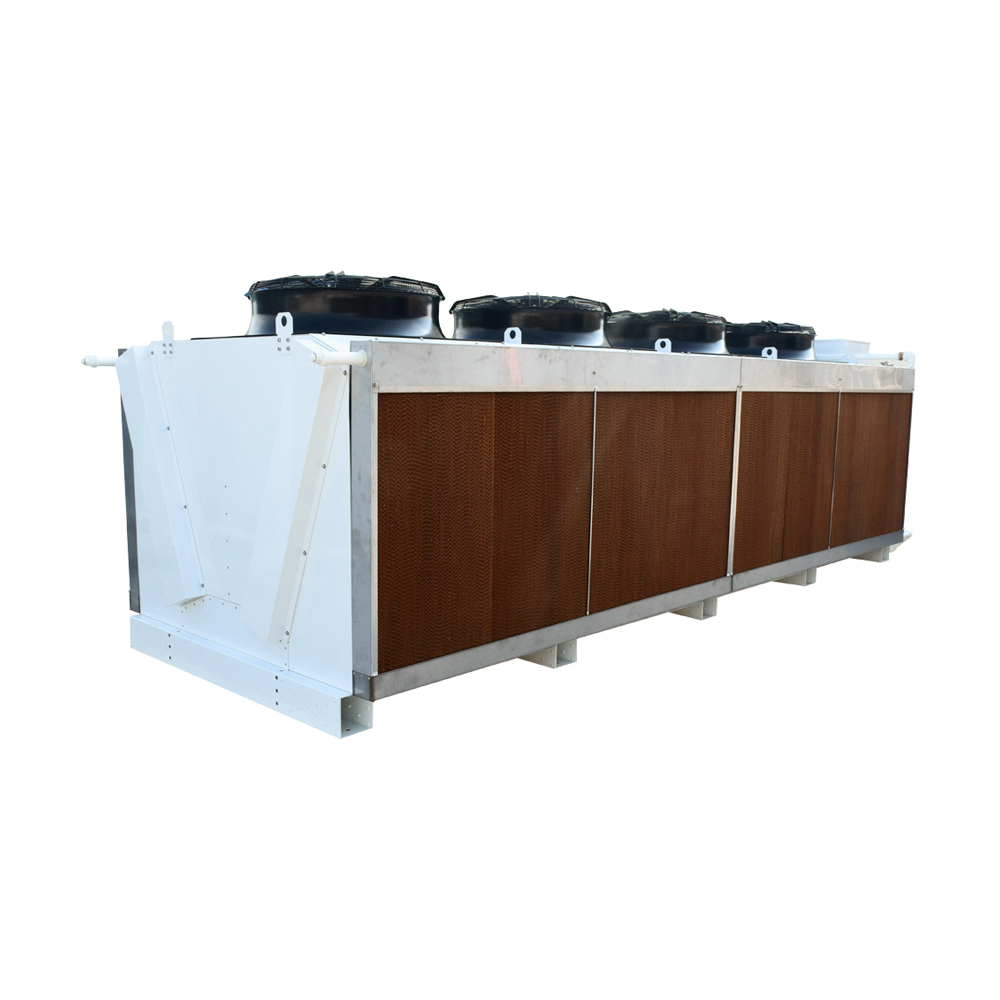
Contact Us for Your Vertical Dry Cooler Needs
Shanghai SHENGLIN M&E Technology Co.,Ltd is a leading manufacturer of high-quality cooling solutions. To learn more about our range of vertical dry coolers and find the perfect fit for your project, please contact us directly.











